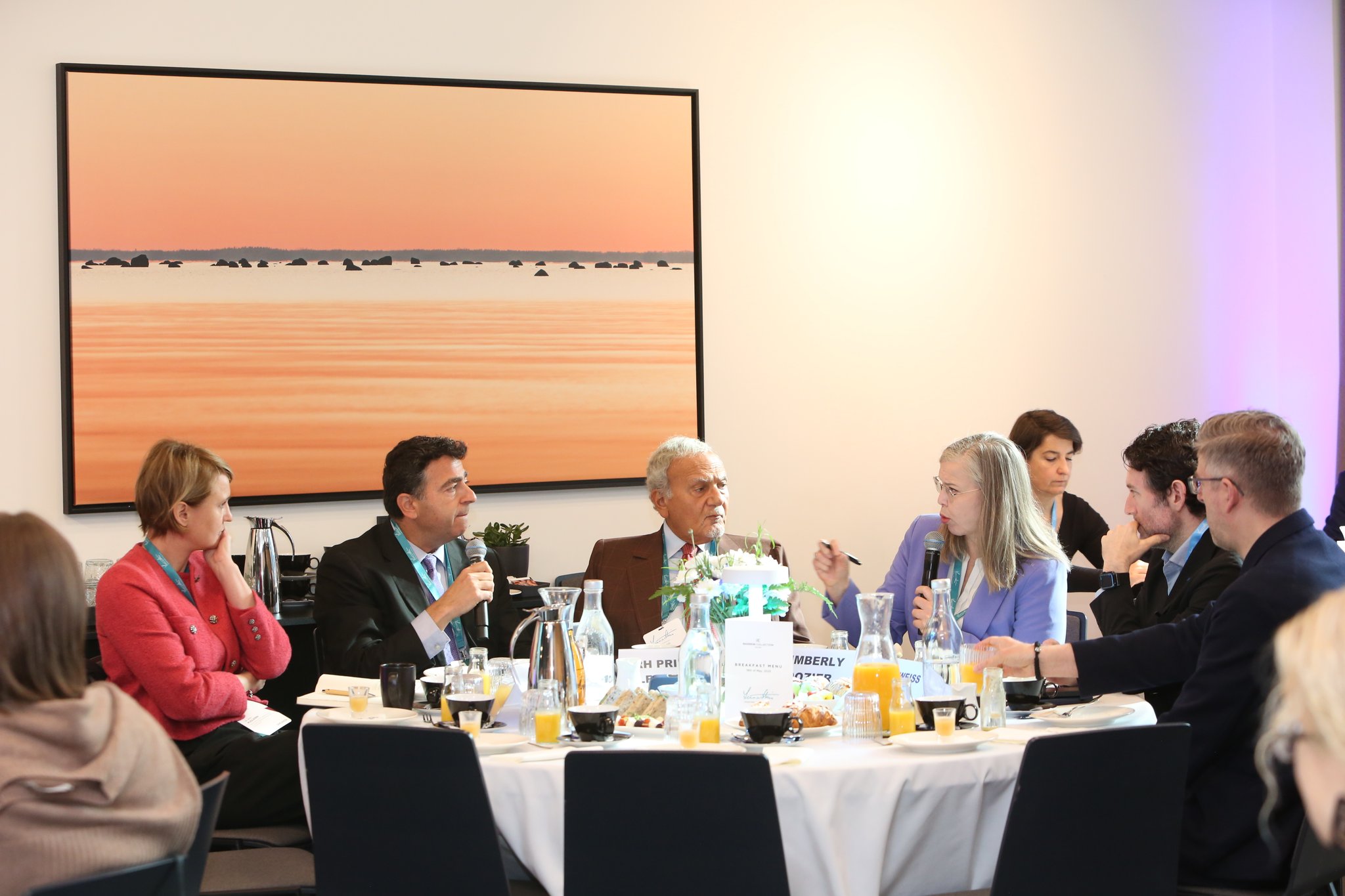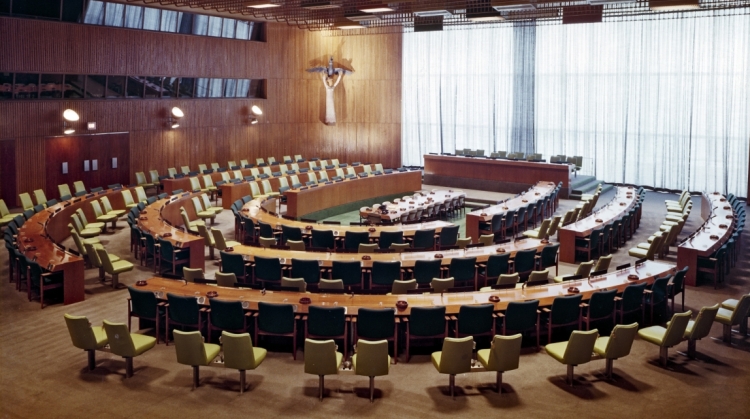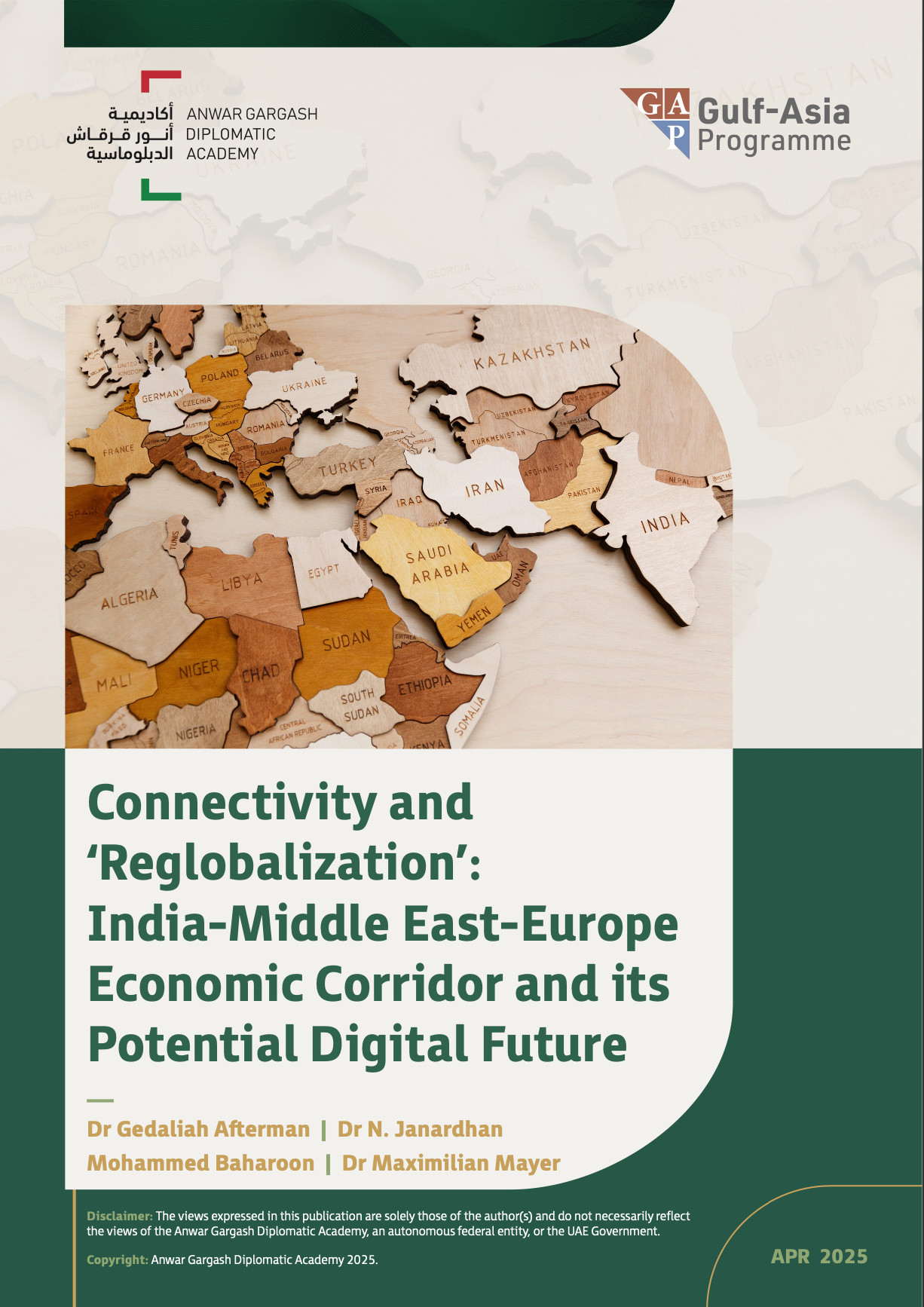When a communal conflict is both violent and intractable it is worth considering whether it may become less impossible to resolve if we change our perspective.
The Northern Ireland ‘Troubles’ came to an end when people began to see the context as something broader than just a struggle between Pro-British Protestants and Pro-Irish Catholics within Northern Ireland. We started to appreciate that the problem of disturbed historic relationships also involved the relationships between North and South in Ireland, and between Britain and Ireland. Addressing these wider sets of relationships within the European Union context, and with a positive US approach, led to the Belfast/Good Friday Agreement in 1998 and whatever the political difficulties, there has been no serious threat since then of a return to the violence of the past.
This understanding that we have a better chance of making progress in addressing intractable, violent, political conflicts if we look at all the sets of disturbed historic relations involved, can also be applied to the Israel/Palestine conflict. I have long been of the view that efforts by distant external powers that focus only on Israelis and Palestinians will fail because the regional relationships are both part of the problem and essential to the solution.
We also discovered in Ireland that while there were deep political and cultural differences, we shared many socio-economic challenges and if we began to engage on dealing with them, we could make more rapid progress, and everyone could benefit. We did not pretend that the political problems did not exist, but we focussed on the immediate socio-economic opportunities where progress was possible and benefitted the lives of ordinary people.
I have been attracted to MENA2050 because it applies both of these perspectives to the to Middle East and North African region and in so doing may have a better chance of healing relationships than a narrow Israel/Palestine political process. Bringing together, on-line and in person, businesspeople, academics, professionals, journalists, and others to talk about what can be done together to address the many shared socio-economic problems, rather than the political disagreements, is beginning to provide a sense of hope and possibility in a region where people often feel neither. I hope that you will catch something of the MENA2050 vision and join us in lighting a candle, rather than just cursing the darkness.
John, Lord Alderdice, Chairman of the MENA2050 Advisory Board




